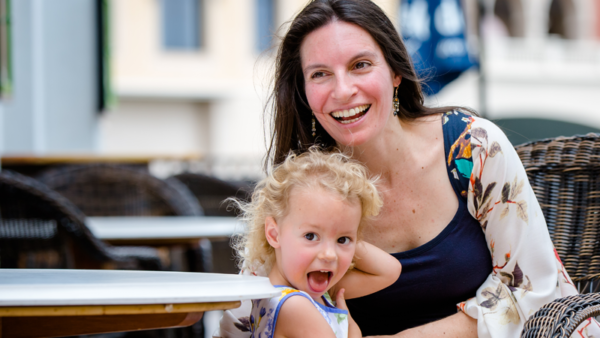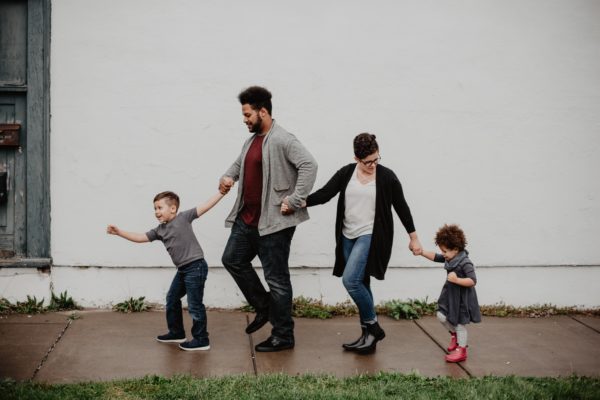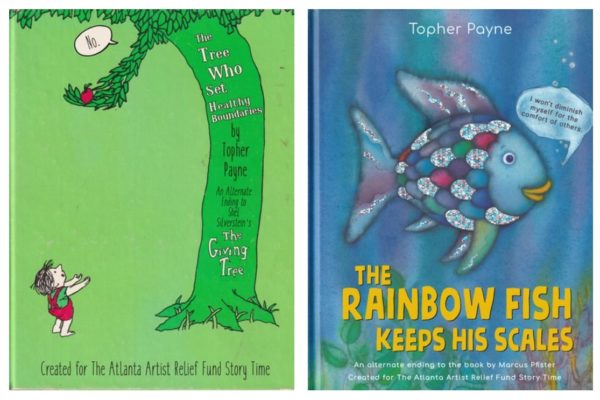On November 25th, International Day for the Elimination of Violence Against Women, we’re turning the deplorable phrase “20 minutes of action” from the Stanford rape case on its head by encouraging parents – especially dads – to take 20 minutes to talk to their sons about consent.
That’s in two weeks. Between now and then, you’ll want to wrap your head around what you want to say. Here are some talking points and resources.
- You know how nobody thinks they’re a bad driver? Turns out we all think we’re average or better than average, and that the other guy is the problem. Same thing with rape. Read this NY Times article for more: What we know about men who rape
- Ok, ok, I know you’re not a rapist. But, that doesn’t mean you aren’t a part of this larger culture, rape culture. You didn’t create it, but you live in it, so let’s talk about it and think about how to be considerate in the spaces we all share. Here’s a gentleman’s guide to rape culture.
- The ultimate goal is for women not to be assaulted or harassed, which means guys are going to have to stand up to guys. But being an upstander often doesn’t come naturally! It takes forethought and practice. Here are 5 stories of workplace sexual harassment. How would you be an upstander in each of these situations?
- No matter what the age of your kids, there are plenty of simpler conversations to have around consent. There’s probably a clash in recent memory of a time when boundaries were crossed. In a calm moment, remind your child of the incident and ask them what could have been done differently to ask for consent and/or kindly defend a boundary. Then zoom out. By asking for consent, we can avoid these clashes altogether! By defending a boundary well, we communicate who we are and who we are not, educating others how we want to be treated.
If you’re thinking you can’t have this conversation with your kid…let me help! Click here to jump on my calendar so I can help you get over your blocks and strategize this discussion.
In support of you,
Anya
P.S. If you’ve been tempted to find out more about this fall’s group program, time is running out! Our first session is next week! Get the support you need to open up everyday conversations about sex and sexuality with your kids. Let’s chat and see if it’s a fit.
P.S.S. Share your stories of having these conversations with your kids in the comments below!








